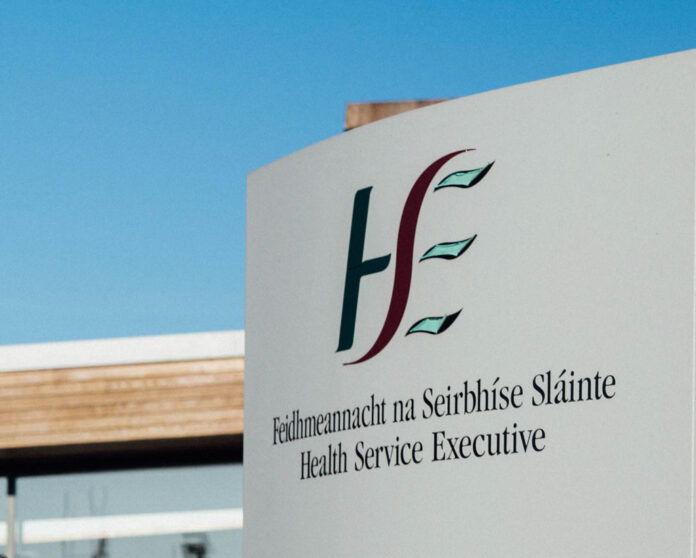A COUNTY Clare créche has been forced to close its doors after a number of cases of E.coli were detected.
In a statement issued to The Clare Champion today [Friday] the HSE has confirmed that it has been necessary to temporarily close a créche in the county as a result of a number of linked cases of Verotoxigenic E. coli (VTEC) infection being detected at the childcare facility. This they say has been done “in accordance with national guidance*, and with the agreement of the crèche management, in order to break the cycle of transmission of infection among the children”.
It is understood that the West Clare based crèche is temporarily closed pending screening of all children and staff for VTEC.
Parents have been advised that should their child develop diarrhoea, especially bloody diarrhoea, they should seek medical attention from their general practitioner or Shannondoc at 1850 212 999. VTEC usually requires no specific treatment other than ensuring plenty of fluids are taken.
“VTEC infection often causes severe bloody diarrhoea and abdominal cramps. It can also cause non-bloody diarrhoea or in some instances no symptoms. In 5-10% of cases, it causes a more serious illness called Haemolytic Uraemic Syndrome (HUS),” a spokesperson for the HSE has said.
He outlined that over 800 cases of VTEC were reported in Ireland in 2016. The incidence has increased in Ireland in recent years and the rates of this infection are higher than average in the Mid-West and the other Western counties.
“The incidence of VTEC is high in children under the age of 5 years as it is more easily spread between individuals in this age group. VTEC infection can occur through contact with farm animals (including those in pet/open farms) who carry the bacteria in their bowels or by consuming food/drinks contaminated with even tiny amounts of faeces. VTEC can be transmitted from person to person, particularly in children’s day care centres and crèches,” the HSE advises.
Untreated private water supplies are an important method of spread; VTEC patients are 3 or 4 times more likely to consume untreated well or other private water than people who do not develop VTEC. Well water can become polluted without any noticeable change in taste or smell. Householders who use water from private wells should ensure that their wells are properly maintained and ideally install a water treatment system.
For further information about VTEC see: www.hpsc.ie/A-Z/Gastroenteric/VTEC/
For more information on private wells see: www.epa.ie/water/dw/hhinfo/protprivwell/
A report of the HPSC Sub-Committee on Verotoxigenic E. coli available at:
www.hpsc.ie/a-z/gastroenteric/vtec/guidance/reportofthehpscsub-committeeonverotoxigenicecoli/
A native of Ennis, Colin McGann has been editor of The Clare Champion since August 2020. Former editor of The Clare People, he is a journalism and communications graduate of Dublin Institute of Technology.


